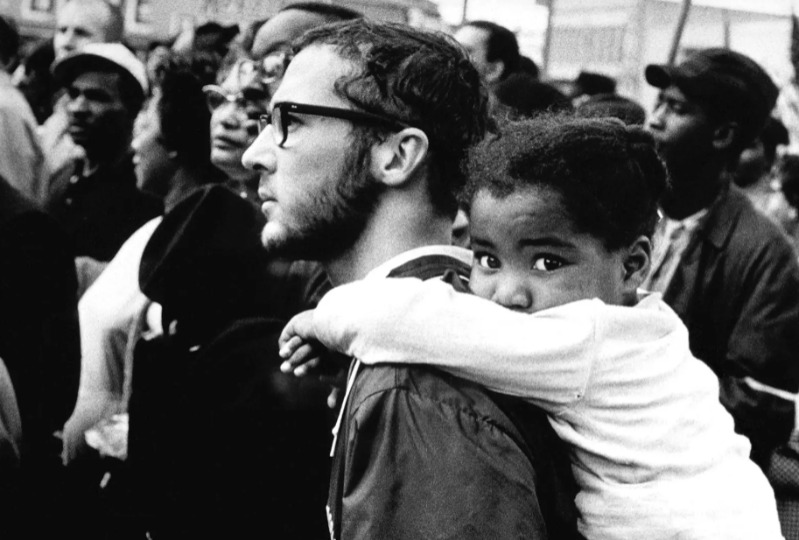Juneteenth, Civil Rights, and Racial Reconciliation
On June 19, we are honored to observe the Juneteenth holiday to remember this important date in U.S. history.
Many Americans may not fully understand the significance of Juneteenth, as it only officially became a federal holiday in 2021. However, generations of Black Americans have recognized its importance in marking the day when the last remaining enslaved people in the United States finally learned they were free.
What is Juneteenth?
Most Americans learned in school about President Abraham Lincoln issuing the Emancipation Proclamation on January 1, 1863, a decree that declared “that all persons held as slaves are, and henceforward shall be free.”
While this was a pivotal point in history, the proclamation’s full impact didn’t take effect immediately; it could not be implemented in places still under Confederate control during the Civil War. As federal troops began to reclaim Confederate territory and enforce emancipation, more enslaved Black people were freed. When Union troops arrived in Galveston, Texas on June 19, 1865, they freed the remaining 250,000 people still in the grip of slavery. For this reason, June 19 – which came to be known as Juneteenth and Emancipation Day – commemorates the day that all Black Americans finally learned that they were free.
While freedom might have legally been in force as of 1865, the actual experience of freedom would take much longer. One hundred years later, in 1965, our nation was embroiled in racial strife – a tragic chapter in history when Black Americans could not vote and still lived under the falsehood of “separate but equal” social conditions.
In peaceful protest of segregation, police brutality, a lack of voting rights, and other racial injustices, Dr. Martin Luther King, Jr. led thousands of nonviolent demonstrators on a five-day march from Selma, Alabama to the state’s capitol in Montgomery on March 25, 1965. Sadly, this peaceful demonstration was met with even more violence against Black people. Some Blue Trust employees recently had the opportunity to retrace the steps of this brave group by taking a tour of key civil rights sites throughout Alabama. The journey was so impactful for those who participated, we plan to take the trip again and make it available to all clients and employees. More details about this trip will be forthcoming.
As a firm, we are taking the steps needed to see and understand these events more fully. We cannot learn from unknown or neglected parts of history if we don’t talk about them. Juneteenth’s historical legacy teaches us the value of never giving up hope in uncertain times and telling all stories of racial injustice with equal urgency.
Blue Trust is proud to collaborate with and support organizations like the AD King Foundation to bring Christ’s message of reconciliation to current and future generations. Together, we can continue the ongoing work of healing and restoration from these painful parts of our history.
